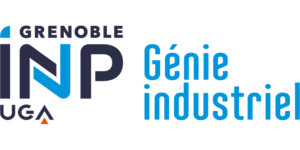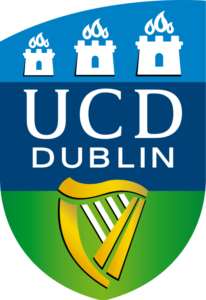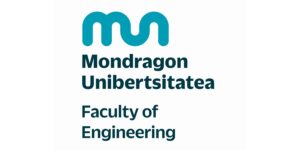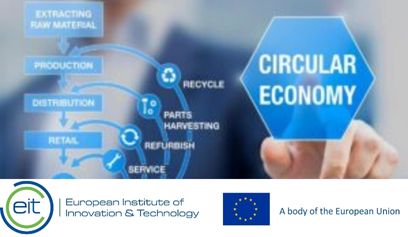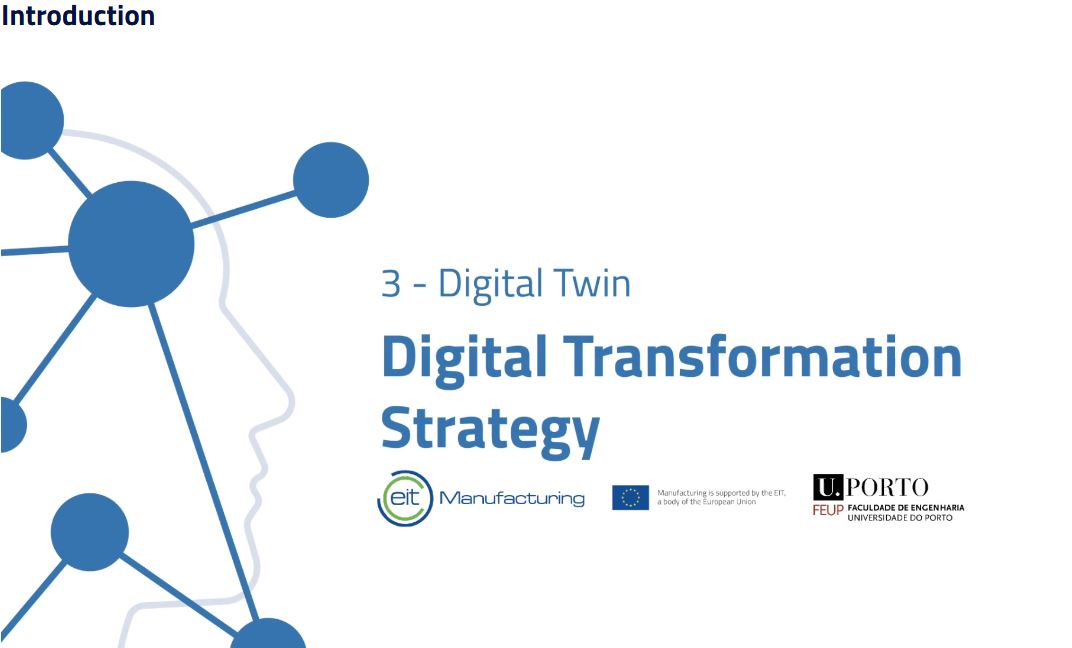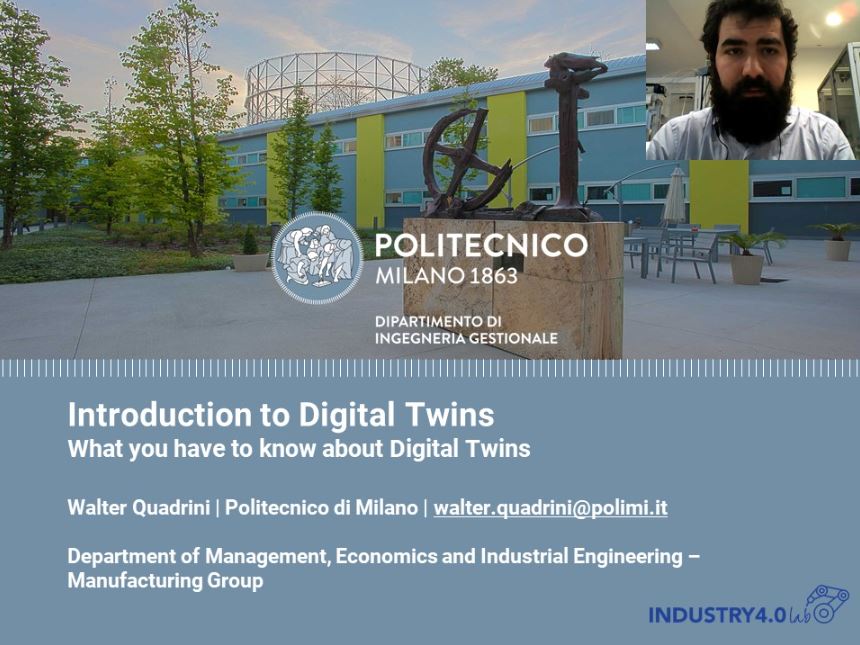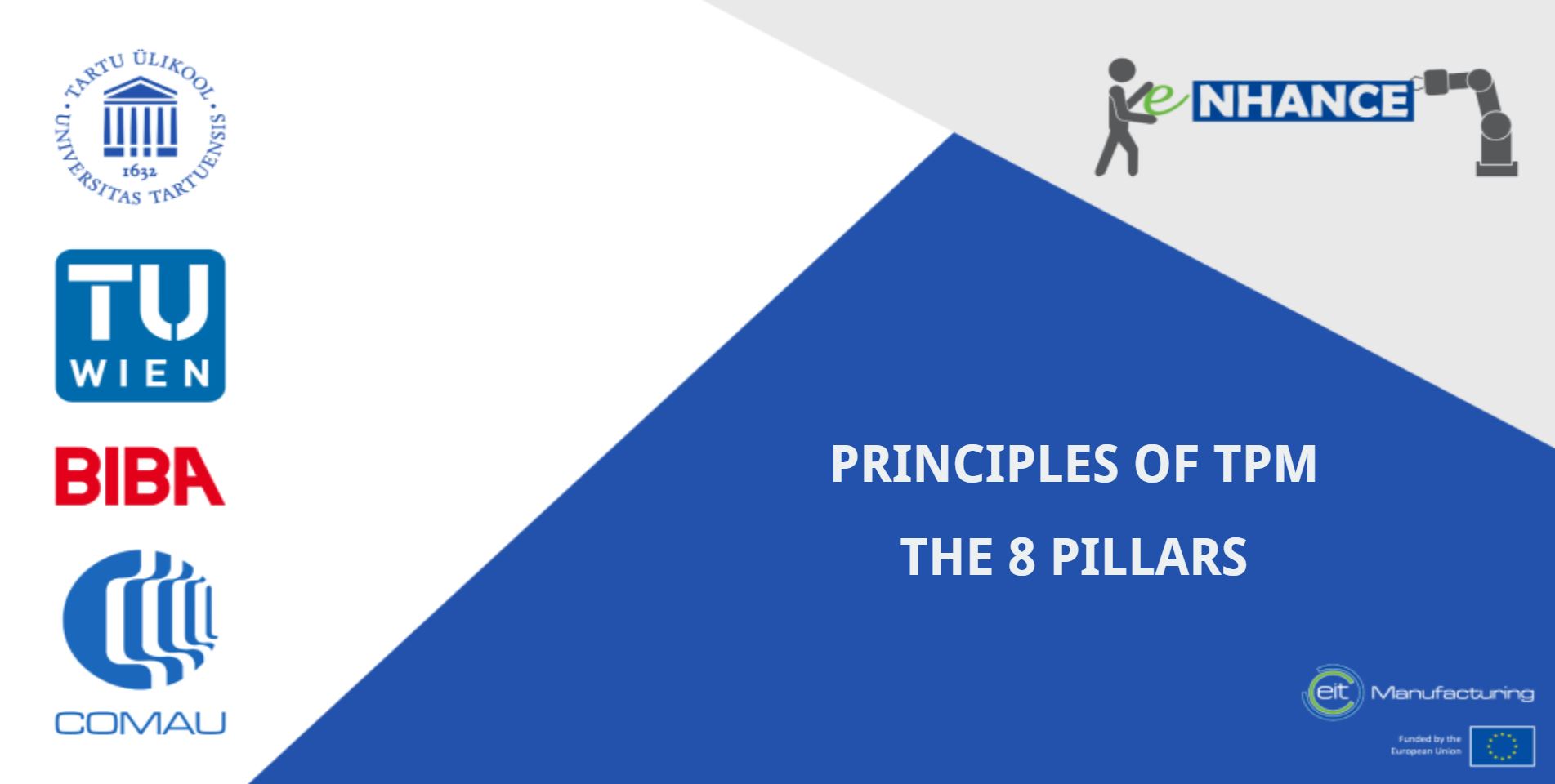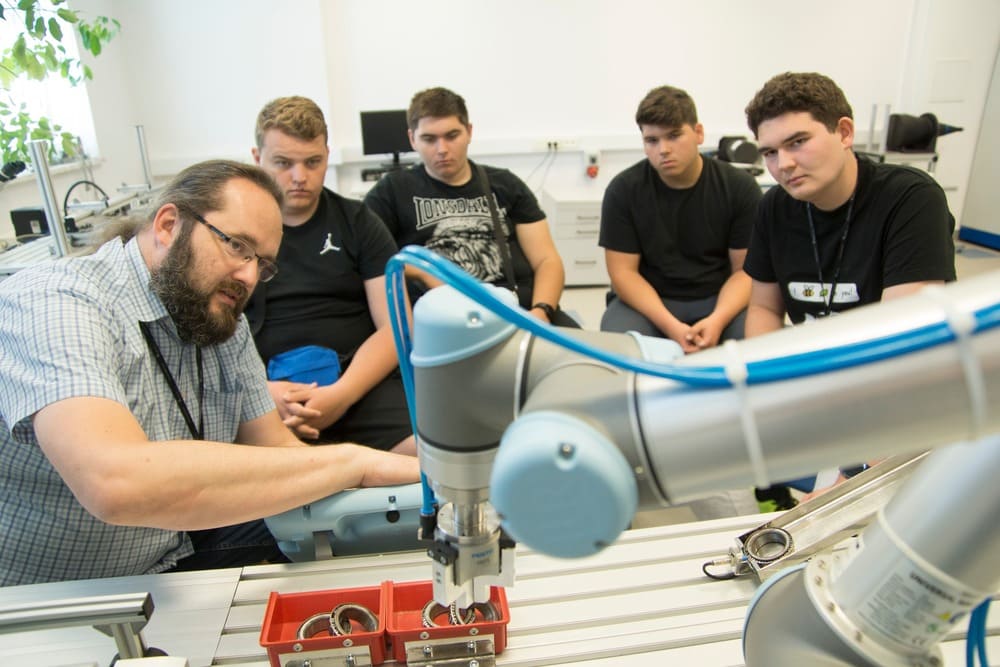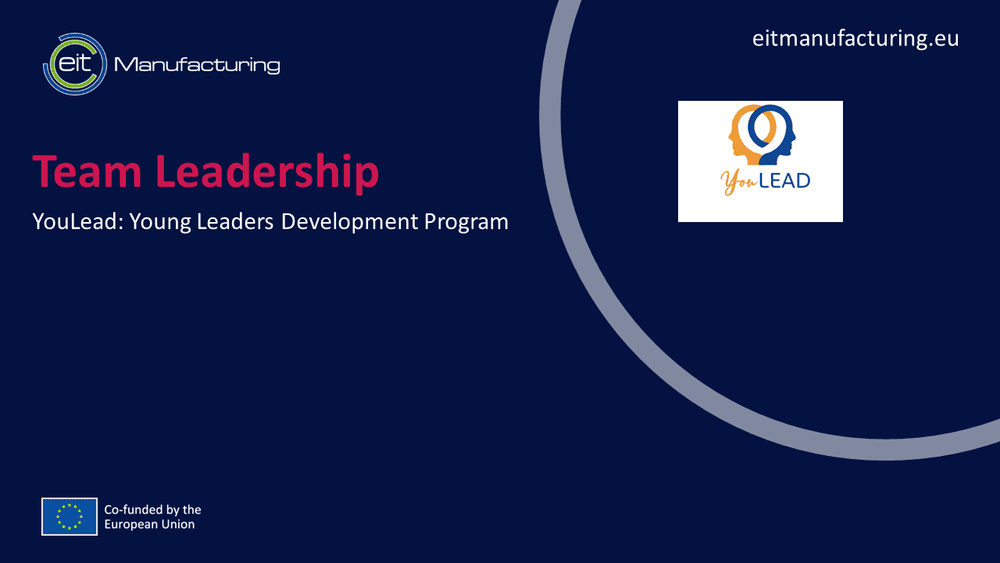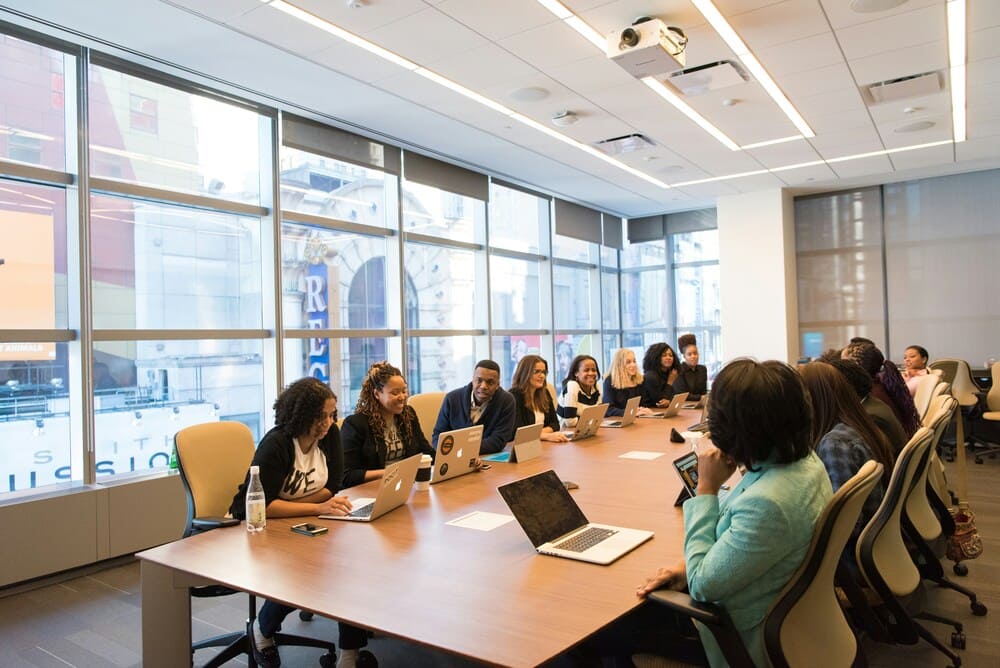Type of course:
Digital learning, Path
Language:
EN
Workload:
6 hours
Proficiency:
Advanced
Target:
Manager, Students, Professionals, Workers
This course is officially recognised and labelled by the European Institute of Innovation and Technology (EIT). EIT Label is a quality mark awarded to programmes demonstrating outstanding innovation, educational excellence and societal impact.
The CrossCE4.0 digital learning path aims to provide a comprehensive exploration of essential elements
of the foundational principles of the circular economy framework, such as
Reuse, Repair, Remanufacture, and Recycle. Participants in this educational online
content will be equipped with the knowledge and skills to actively participate
in building a sustainable and regenerative economy. The digital nuggets proposed
in the learning path include an in-depth analysis of circular scenarios,
reverse logistics, case studies illustrating diverse circular economy
scenarios, an introduction to circular business models, and the presentation of entrepreneurial opportunities derived from the circular economy paradigm.
At the end of the learning path, participants will be presented with assessment tasks,
including quizzes, fill-in-the-blank exercises, and matching activities. These
assessments evaluate comprehension and reinforce understanding
of the core concepts surrounding circular economy principles, reverse
logistics, and circular business models.
Learning outcomes
- By the end of this learning path, participants will gain a deep understanding of the fundamental principles of the circular economy, including Reuse, Repair, Remanufacture, and Recycle. They will grasp the concepts of resource optimization, waste reduction, and the regenerative use of materials within economic systems. Participants will be able to explain the importance of circular economy principles in achieving sustainability goals and mitigating environmental impact.
- By the end of this learning path, participants will develop proficiency in applying circular economy strategies and practices. They will learn about reverse logistics and how to effectively integrate it into supply chain management. They will explore case studies to analyze and identify practical applications of circular economy principles in different industries and scenarios.
- By the end of this learning path, participants will be able to identify entrepreneurial opportunities within the circular economy framework. They will gain insights into how circular economy principles can drive sustainable and profitable business ventures.
LessonCircular economy scenarios
Course Content
LessonCircularity assessment tools
Course Content
LessonReverse logistics for circular economy
Course Content
LessonChallenges and opportunities of industry 4.0 for circular economy
Course Content
LessonAssessment quiz
Course Content
Topics
Remanufacturing, Sustainable Energy and Clean Technologies, Digital Transformation, Preparation for Reuse, Sustainable Manufacturing, Recycling, Refurbishment

